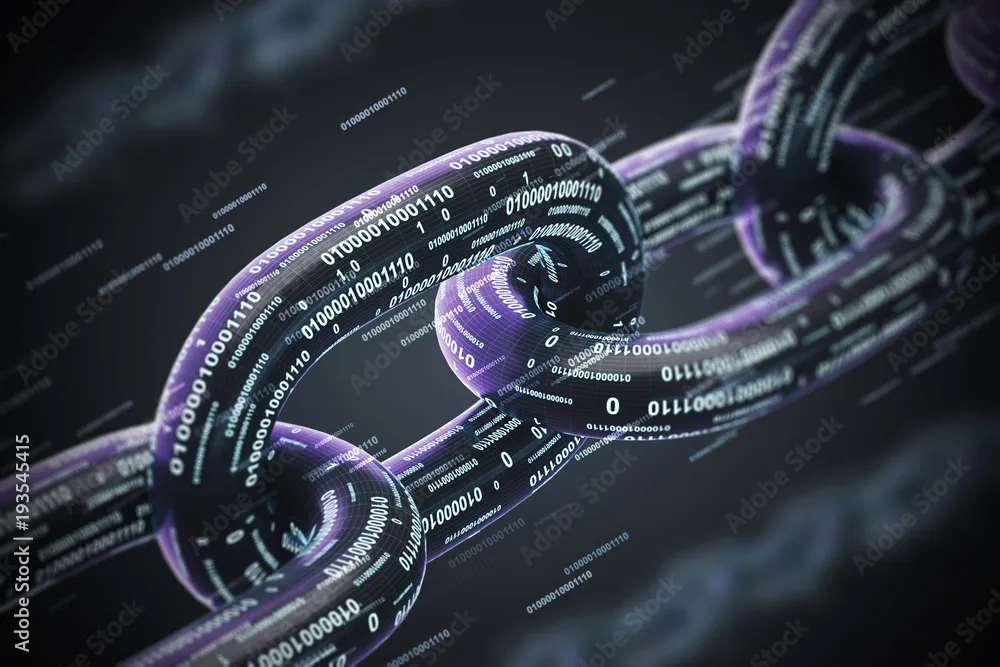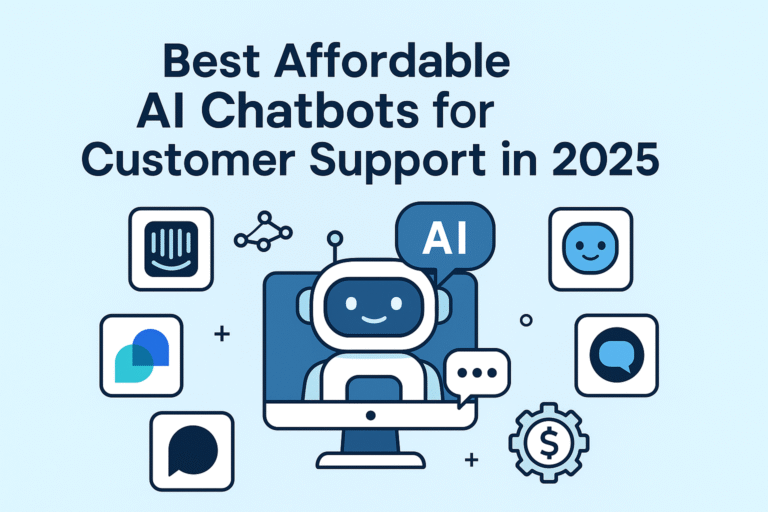Imagine a world where academic credentials are tamper-proof, tuition payments are automated securely, and students control their learning records. This isn’t a distant dream—it’s the potential of blockchain technology in education. In this article, we’ll explore how blockchain is reshaping the educational landscape, making it more transparent, accessible, and innovative.
1. Decentralized Record Keeping
Blockchain’s decentralized nature ensures that student records, diplomas, and certificates are immutable and accessible anytime. Gone are the days of lost transcripts or waiting weeks for document verification.
- Key Benefits:
- Security: Impossible to alter or forge credentials.
- Accessibility: Students and institutions can access records with ease.
- Efficiency: Faster processing of credential verification for jobs and admissions.
2. Smart Contracts for Simplified Payments
Smart contracts can automate tuition payments, scholarships, and even refunds. These self-executing agreements reduce bureaucracy and ensure timely transactions.
- Real-World Applications:
- Automated tuition installment systems.
- Direct disbursement of financial aid to students.
- Tracking fund utilization with 100% transparency.
3. Verifiable Learning Credentials
Blockchain enables students to own and share their digital learning portfolios, including micro-credentials from online courses, certifications, and workshops.
- Why It Matters:
- Empowers students to showcase diverse skills.
- Helps employers verify qualifications instantly.
- Bridges the gap between traditional education and modern skills.
4. Enhanced Collaboration
Blockchain fosters collaboration between institutions globally. Shared ledgers allow seamless credit transfers and joint research initiatives.
- Examples:
- Universities partnering on blockchain platforms for exchange programs.
- Shared research with transparent funding and credit allocation.
5. Tackling Fraud in Education
Diploma mills and fraudulent credentials are significant issues worldwide. Blockchain eliminates this problem by providing a verifiable system for academic documents.
- Impact:
- Builds trust between students, employers, and institutions.
- Protects the reputation of genuine degree holders.
Conclusion
Blockchain is more than just a buzzword—it’s a transformative force in education. By enabling secure records, smart payments, and verifiable credentials, it’s poised to redefine how we learn, teach, and validate knowledge.
The future of education is here, and it’s built on blockchain. Institutions that embrace this technology will lead the charge into a more transparent, efficient, and inclusive educational system.








